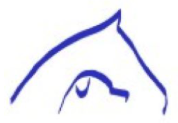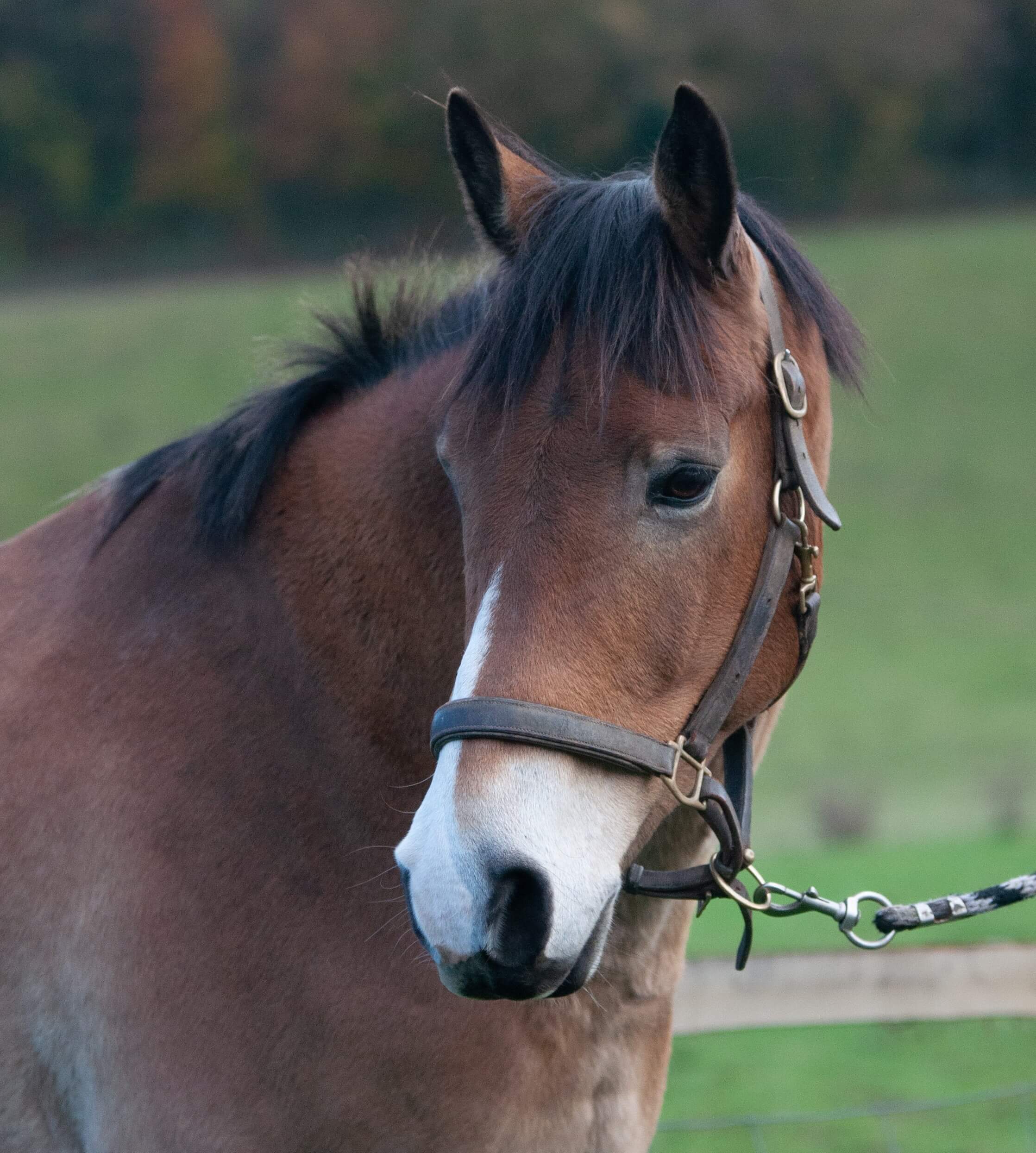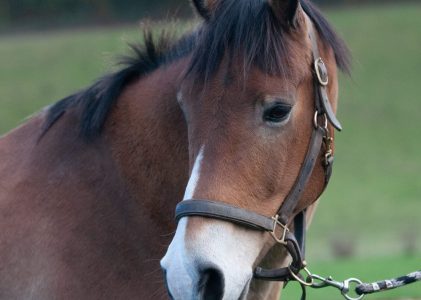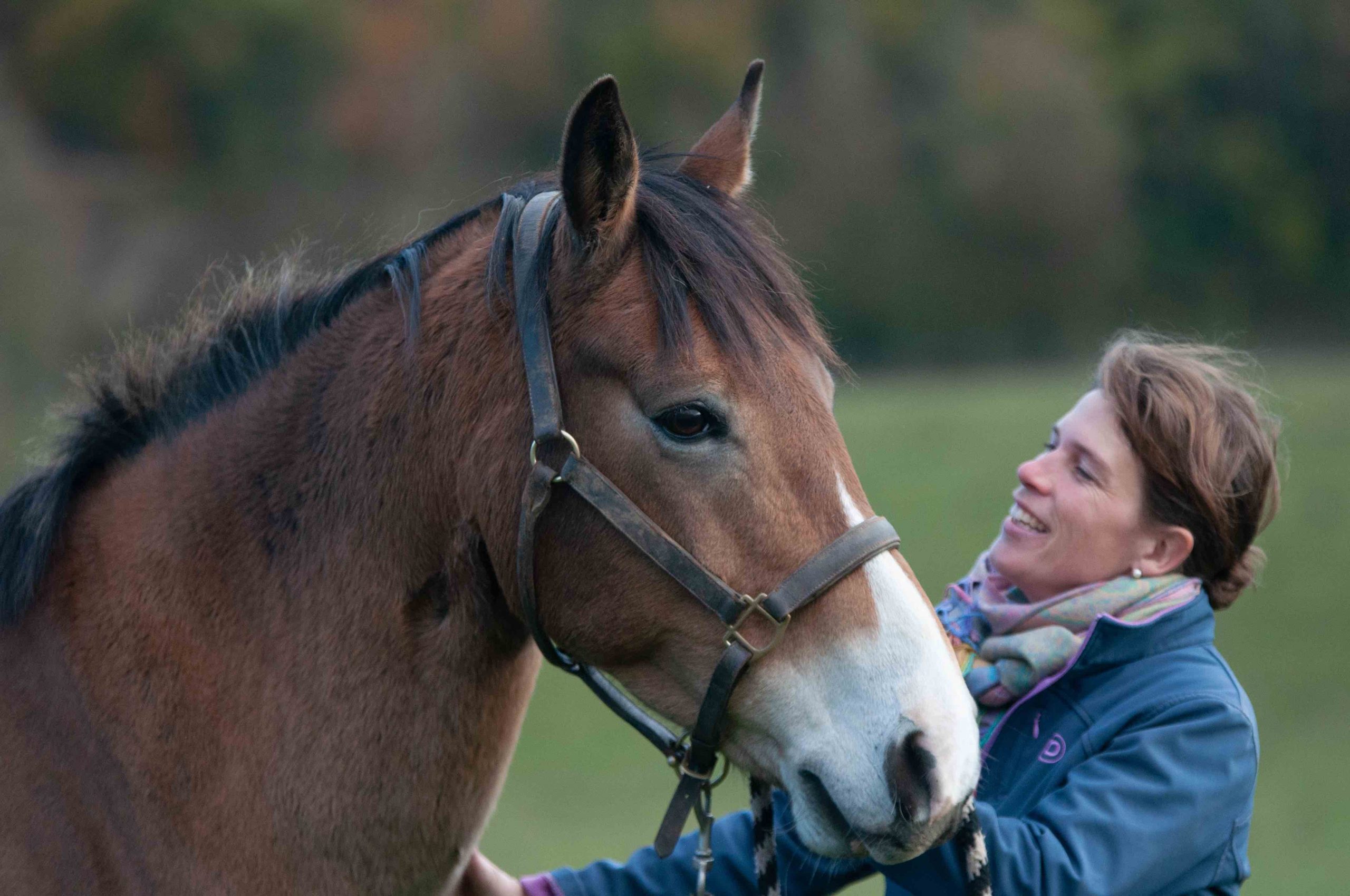We understand that you’re dedicated to providing the best possible care for your horse, and that means knowing how to identify their health issues, in exactly the same way you would look out for human health signals. We’re here to equip you with the best possible way to do that.
Why do you need to be aware of common health issues with horses?
It’s an important part of basic care for your horse. However, whilst it’s a very big responsibility, doing it well is actually really easy! It’s not very difficult and it can make the world of difference; you could save your horse from a lot of pain and distress, and in more dramatic cases, your care and attention might be the difference between identifying and diagnosing a problem that medicine can fix, and a much sadder prognosis.
What’s more, if your horse is interacting with people in a working environment, it’s a key safety consideration to make sure people aren’t putting any pressure on your horse, if they have an injury or illness, but also that you’re also safe 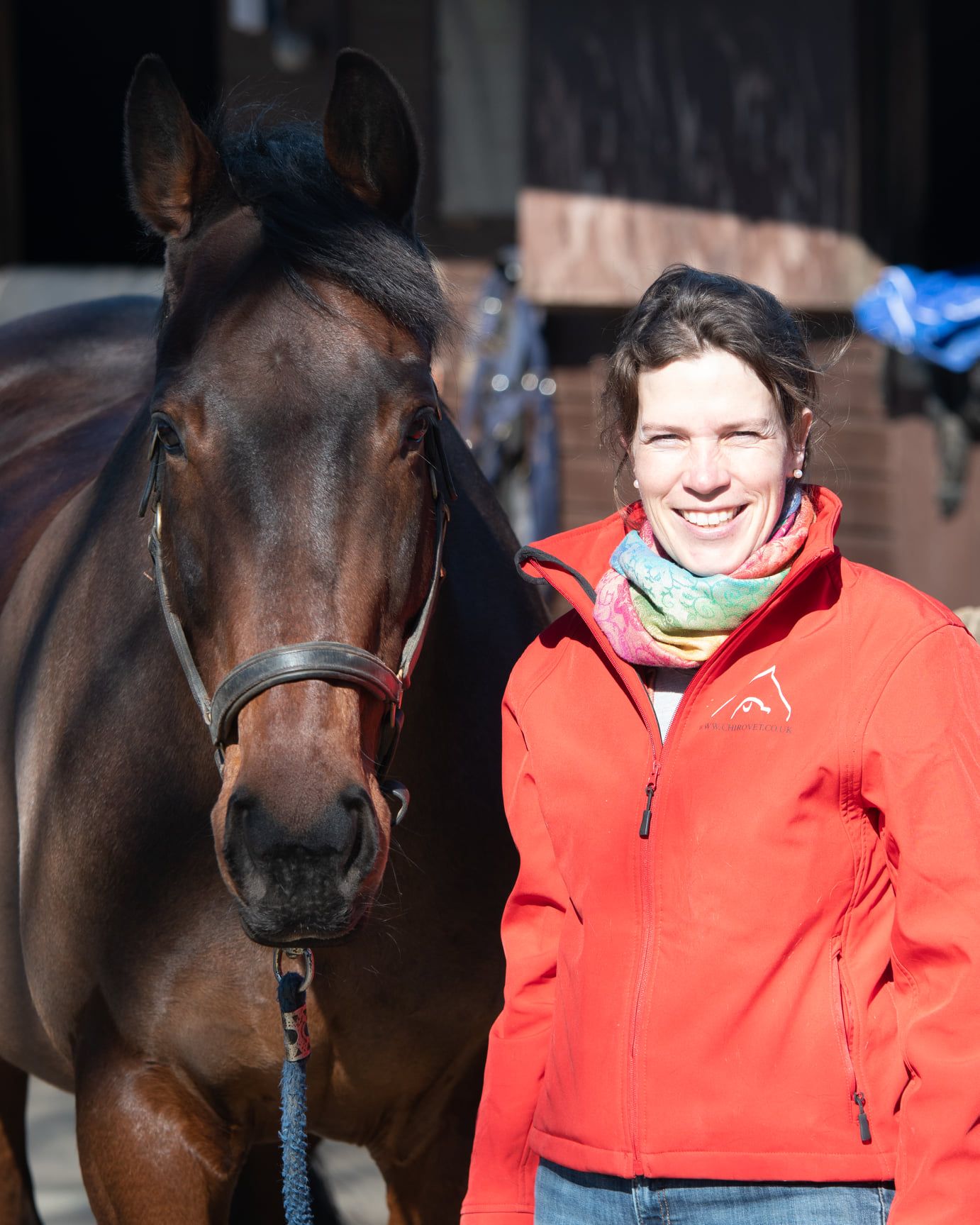
Common Health issues to look out for are:
Arthritis
Unfortunately, it’s very common in horses, particularly in older horses, it is a degenerative joint disease that causes pain. Eventually, the inflammation leads to cartilage damage in joints, and then chronic pain.
The most common signs are swollen joints, stiffness, uneven gait, shortened stride and lameness. Horses with arthritis can still be ridden, and even jump, with careful attention and care. Acupuncture for horses and Traditional Chinese herbs for animals will help to achieve and maintain that.
Desmitis
Proximal suspensory desmitis (PSD) or high suspensory disease, is a common injury in racehorses but as well in all other disciplines, both the fore- and the hindlimbs. It can be confirmed with ultrasound.
Treatment aims to reduce inflammation and directing the fibres in the right direction veterinary acupuncture will help to achieve this together with the right management and controlled exercise. Ligaments heal slowly, so six-eight weeks is a good estimate for a mild injury, but a tear can take up to a year to heal.
Gastric Ulcers
These are sores that form on the stomach lining. They’re common in horses, to the extent that 50-90% will experience a gastric ulcer at some point in their life. They’re caused by diet, feeding, training mechanics and stress.
Signs your horse has a gastric ulcer include weight loss and poor appetite, poor coat or body, chronic diarrhoea and recurrent colic. Behavioural changes can also be a sign of gastric ulcers. In response, you should be conscious of your horse’s lifestyle, training and management. As only 4-10% of ulcers heal without treatment, some can worsen with grave consequences, acupuncture for horses and the correct Chinese herbal formulas can help you to find the right balance for your horse.
Laminitis
Laminitis is a condition in the hooves that is incredibly painful and can cause permanent damage, and in about 25% of cases, can be fatal. Laminitis can be managed but not cured, which is why prevention is so important, and once your horse has experienced a bout, they are particularly susceptible to a returning flare.
Prevention involves identifying high risk cases, and managing metabolic disorders, which often are responsible for laminitis. Keep an eye out for heat in the feet, lameness, pain in the toe area and increased pulse in the feet. Acupuncture for horses and Chinese herbal formulas can help to improve acute cases and prevent them form reoccurring. This paired with the right management, feeding and correct exercise is the best way to keep horse sound and healthy.
Mud Fever
Mud fever is most often caused by bacteria and is common in the winter months when your horse is exposed to persistent wet, muddy conditions. The signs are distinctive and include scabs and sores, with matted areas of skin. The most important thing is to decrease the exposure to those factors as much as possible. Herbal formulas are very successful in helping your horse in those wet and muddy times.
Who can I talk to about health issues in my horse?
There are a few sensible places to start, the first of which is a vet! As a medical professional, we have years of training and valuable experience, which makes us perfectly placed to offer your horse a consultation, offer helpful guidance and provide the information you’re looking for.
We have years of experience and training in a variety of disciplines and we’re always happy to offer any support we can or answer any questions – there’s nothing too big or small.
Now that you’re more aware of the most common issues that affect our beloved equine companions, we at Chirovet Wales hope this will help you identify any issues, and be able to ensure a clean bill of health and longevity of your time with your horse. We wish you happy and healthy horses, and we’ll always be here for any questions, queries or problems you may have!

